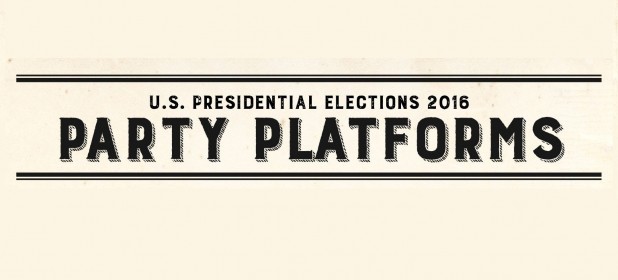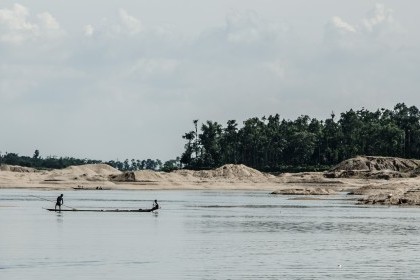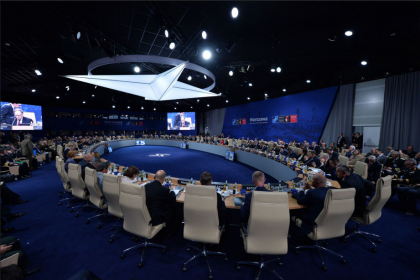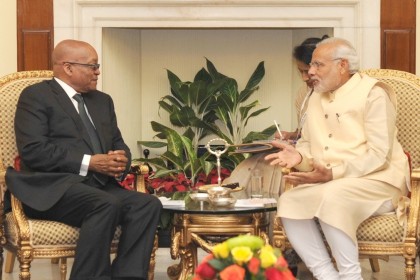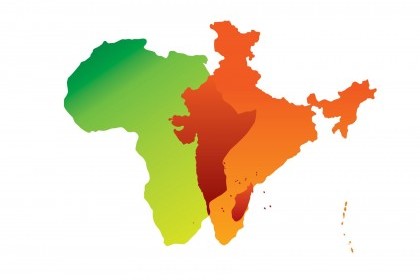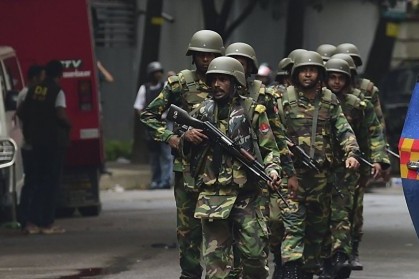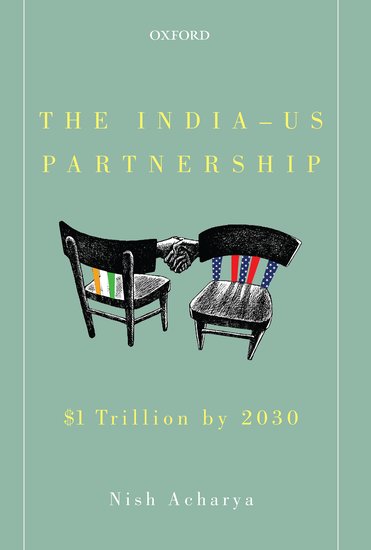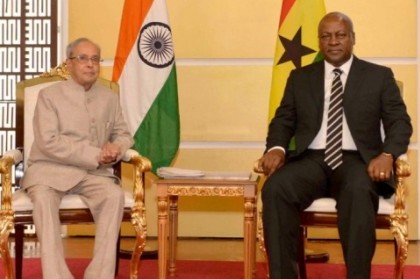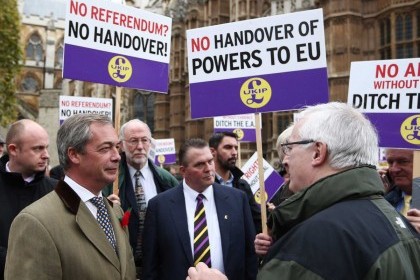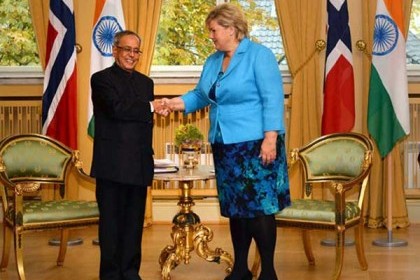U.S. elections: foreign policy positions
A lesser publicised aspect of the American Presidential Race is the adoption of the Party Platform during the Convention. During the Republican National Convention and the Democratic National Convention, the two parties put down and adopted their platforms. Ambassador Neelam Deo analyses the foreign policy aspects of the platforms and their implications.

